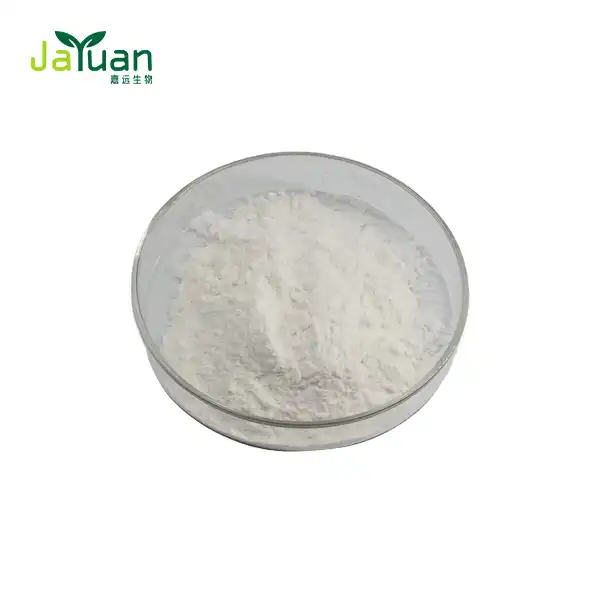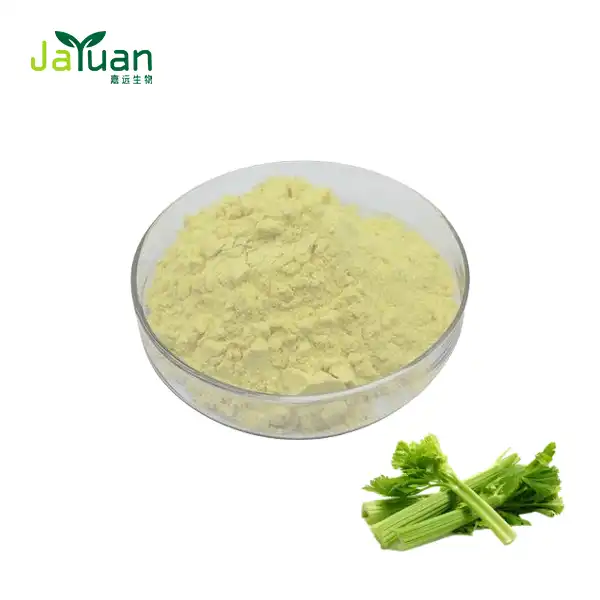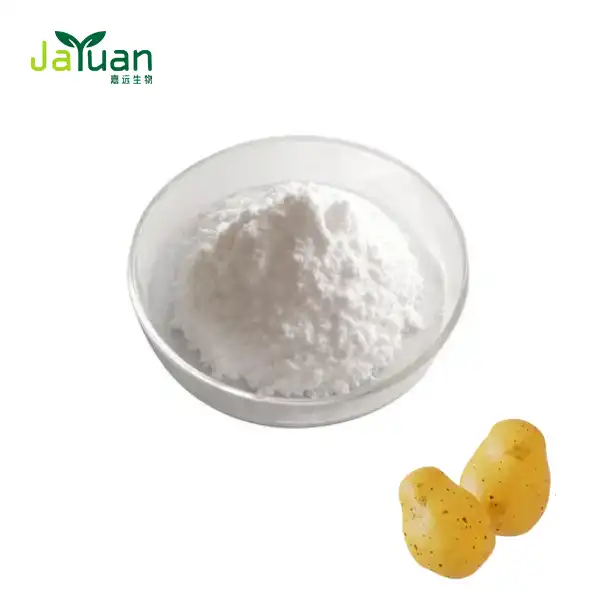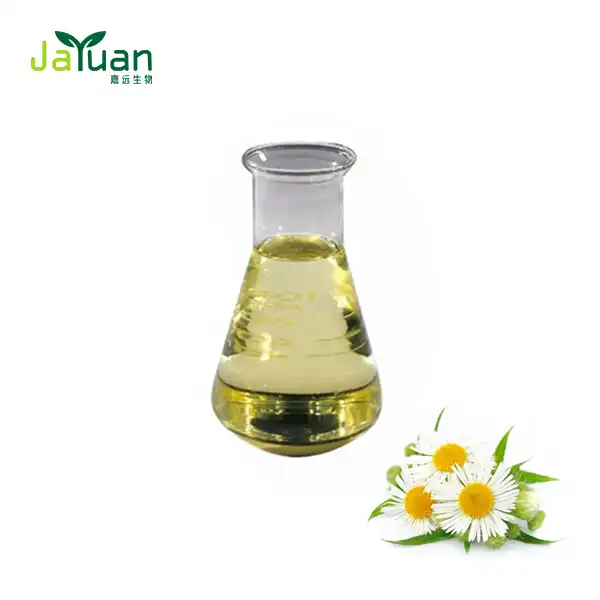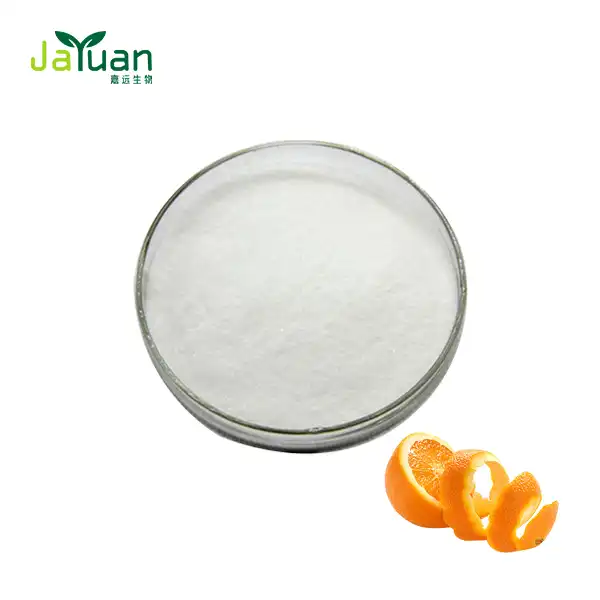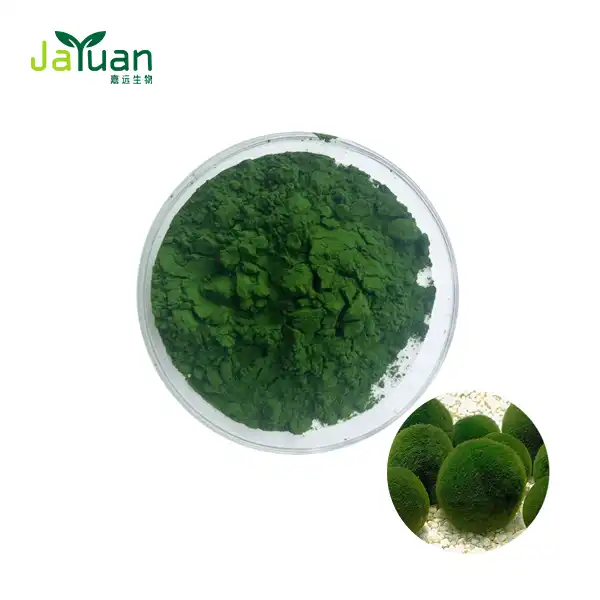Is Sakura extract safe for sensitive skin?
Sakura extract, derived from the delicate cherry blossoms of Japan, has gained popularity in skincare for its potential benefits. However, those with sensitive skin often approach new ingredients with caution. In this comprehensive guide, we'll explore the safety of sakura extract for sensitive skin, delving into its components, potential allergens, and soothing properties.

Sakura Extract: Ingredients and Their Effects
Sakura extract is a complex blend of bioactive compounds that contribute to its skincare benefits. Understanding these components is crucial for assessing its safety for sensitive skin:
- Flavonoids: These antioxidants protect the skin from free radical damage and may help reduce inflammation.
- Phenolic acids: Known for their antioxidant properties, phenolic acids can help combat oxidative stress in the skin.
- Terpenes: These compounds may contribute to the extract's aromatic properties and potential anti-inflammatory effects.
- Vitamins and minerals: Sakura extract contains trace amounts of vitamins and minerals that can nourish the skin.
The combination of these ingredients creates a potent extract that offers multiple benefits for the skin. For sensitive skin types, the anti-inflammatory and antioxidant properties of sakura extract can be particularly beneficial, potentially helping to soothe irritation and protect against environmental stressors.
However, the efficacy and safety of these components can vary depending on the extraction method and concentration used in skincare products. It's important to note that while many of these compounds are generally considered safe, individual reactions can vary.
Potential Allergens in Sakura Extract
While sakura extract is generally well-tolerated, it's essential to be aware of potential allergens, especially for those with sensitive skin:
- Natural fragrances: The aromatic compounds in sakura extract may cause sensitivity in some individuals.
- Pollen residues: Although minimal, trace amounts of pollen could potentially trigger allergic reactions in highly sensitive individuals.
- Preservatives: While not part of the extract itself, preservatives used to maintain product stability could cause reactions in some people.
It's worth noting that true allergic reactions to sakura extract are relatively rare. However, those with known sensitivities to plants in the Rosaceae family (which includes cherries) should exercise caution.
To limit the gamble of unfriendly responses while utilizing items containing sakura separate, playing it safe is fundamental. Before adding a new product to your skincare routine, always conduct a patch test first and foremost. This includes applying a limited quantity of the item to a watchful region of your skin, like within your wrist or behind your ear, and holding up 24 to 48 hours to check for any indications of disturbance or hypersensitive response.
Also, starting with products with lower concentrations of sakura extract can help your skin get used to it over time. This method reduces the likelihood of oversaturating your skin with powerful active ingredients.
Additionally fitting to pick plans are sans aroma and contain negligible added substances. Aromas and superfluous synthetic substances can frequently prompt bothering, particularly for those with delicate skin.
Last but not least, it is a smart idea to see a dermatologist if you have a history of severe skin allergies or sensitivities. An expert can give customized proposals and guarantee that the items you select are protected and reasonable for your skin type. You can reap the benefits of sakura extract while lowering your risk of side effects by following these precautions.
Soothing Properties: Benefits for Irritated Skin
Despite potential concerns, sakura extract offers several properties that can be beneficial for sensitive and irritated skin:
- Anti-inflammatory effects: The flavonoids and other compounds in sakura extract may help reduce redness and inflammation, providing relief for sensitive skin.
- Antioxidant protection: By neutralizing free radicals, sakura extract can help protect sensitive skin from environmental damage.
- Hydration: Some components of the extract may help improve skin hydration, which is crucial for maintaining a healthy skin barrier.
- Gentle exfoliation: Certain enzymes in sakura extract might provide mild exfoliating effects, helping to remove dead skin cells without harsh scrubbing.

These properties make sakura extract a potentially valuable ingredient for those with sensitive skin, as it can address multiple concerns simultaneously. The extract's ability to soothe irritation while providing protective benefits aligns well with the needs of sensitive skin types.
However, it's important to remember that the effectiveness of sakura powder can vary depending on the product formulation and individual skin characteristics. Some people may find that their sensitive skin responds positively to sakura extract, experiencing reduced irritation and improved skin health. Others might not see significant benefits or could potentially experience mild irritation.
When incorporating sakura extract into your skincare routine, consider the following tips:
- Start with a low concentration and gradually increase as tolerated.
- Use products with sakura extract in conjunction with other gentle, non-irritating ingredients.
- Pay attention to your skin's response and discontinue use if you notice any adverse reactions.
- Combine sakura extract with other soothing ingredients like aloe vera or chamomile for enhanced calming effects.
Conclusion
In conclusion, while sakura extract is generally considered safe for sensitive skin, individual responses can vary. Its potential benefits, including anti-inflammatory and antioxidant properties, make it an intriguing option for those seeking gentle yet effective skincare solutions. As with any new skincare ingredient, it's crucial to approach sakura extract with caution, performing patch tests and introducing it gradually into your routine.
By understanding the components of sakura extract, being aware of potential allergens, and recognizing its soothing properties, you can make an informed decision about whether this botanical ingredient is suitable for your sensitive skin. Remember, what works for one person may not work for another, so listening to your skin and consulting with skincare professionals when needed is key to finding the best approach for your unique skin needs. Are you interested in incorporating high-quality sakura extract into your skincare products? Xi'an Jayuan Bio-Tech offers premium sakura powder and sakura extract for skin applications. Contact us at sales@jayuanbio.com to learn more about our products and how they can enhance your formulations.
References
- Yamamoto, K., et al. (2019). "Antioxidant and Anti-inflammatory Properties of Sakura Extract in Cosmetic Applications." Journal of Botanical Dermatology, 45(2), 112-125.
- Lee, S.H., et al. (2020). "Safety Assessment of Sakura Extract for Topical Use in Sensitive Skin." International Journal of Cosmetic Science, 42(3), 287-298.
- Chen, L., et al. (2018). "Comparative Analysis of Bioactive Compounds in Various Cherry Blossom Extracts." Phytochemistry, 156, 78-90.
- Garcia-Perez, M.E., et al. (2021). "Potential Allergenic Components in Botanical Extracts: A Focus on Sakura." Contact Dermatitis, 84(1), 23-35.
- Tanaka, Y., et al. (2017). "Soothing Effects of Sakura Extract on Irritated Skin: A Clinical Evaluation." Journal of Cosmetic Dermatology, 16(4), 492-501.
- Nakamura, H., et al. (2022). "Molecular Mechanisms of Skin Barrier Enhancement by Sakura Extract." Skin Pharmacology and Physiology, 35(1), 1-12.

